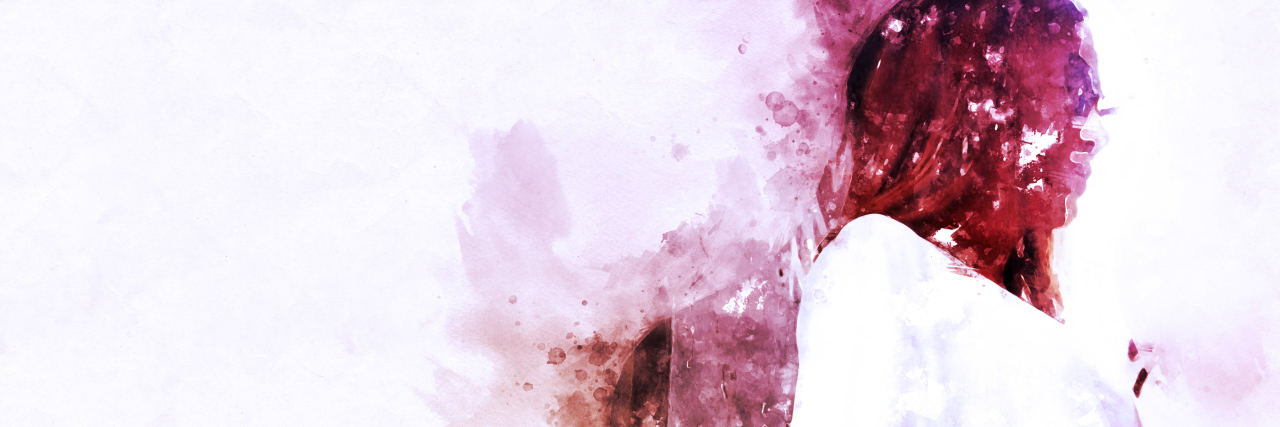C-A-N-C-E-R free! Find out what it means to me!
When I was 8 years old (back in good old 1998) I was diagnosed with Burkitt lymphoma. I spent a year or so receiving treatment and going in and out of the hospital. But after my “victory over cancer” party happened as well as a special visit to the hospital that Christmas to pass out gifts to the kids who were there, I considered myself “done” with cancer. The next Christmas we made special goody bags again for the patients only this time just my parents went to deliver them.
Growing up, my past cancer-diagnosis was always something that I kept pretty private — family members and close friends knew but it was something that never even occurred to me to bring up. As I got older, I didn’t have a problem talking about my memories, experiences, and funny stories from that time — but I knew talking about cancer-y things could make other people feel uncomfortable. Once I felt close enough to someone I usually ended up finding the “right” moment to “cancer come-out” to them and share my experience. I never felt comfortable labeling myself as a “cancer survivor.” To me that term felt disrespectful to the cancer non-survivors and made me feel stuck in a world where a disease defined me.
Cancer is a word that comes up everywhere — commercials, ads, the news, conversations with friends or family, fundraisers, etc. yet there is often a disconnect between an individual’s actual experience and the ideas and images that are most often portrayed through the media. One of the things people often don’t realize from the outside is that when you’re sick with cancer, you don’t remember that time of your life as the “cancer times.” Life doesn’t pause while you have cancer and then pick up again later; my experiences from that time blend in with other things I’ve experienced, all contributing to my identity and life-journey. After all, we aren’t “cancer people,” we are just people.
As a survivor, even though my cancer diagnosis happened two decades ago, I still find myself navigating between not feeling like I have to hide something that has impacted me in a meaningful way, while also not succumbing to pressure to define myself in a way that does not feel true to me in. Being a “cancer survivor” means constantly being aware of the outside expectations, assumptions and fervor that that label attracts. I have seen casting notices for car commercials seeking “cancer survivors with a visual cue such as baldness” that made me cringe. I have received a message on Tinder from someone who found out I had cancer telling me I had “an incredible story” and that he was “swooning”… but didn’t even read my profile. (If you’re reading this, that’s why I swiped left, Ryan). I have been on business calls where an individual asked in a pitying voice if the product I was talking about was “something I came up with in treatment.” I have been to the doctor’s office for a routine check-up where they marveled at my scars and seemed transfixed by my past cancer diagnosis while I waited for them to snap out of it so I could get answers about birth control, a sore throat, or something else completely non-cancer related.
Since “cancer survivor” will always be a part of my identity, I have tried to not only embrace these moments but find creative inspiration as well. For example, writing/producing/starring in a comedy sketch called “A cancer survivor gets an awesome surprise!” which consists of a cancer survivor being bombarded by an unyielding singing telegram serenading her with “Cancer Jams.” For me, I have often struggled with balancing my own feelings/thoughts/and sensibilities around cancer with what I believed the outside world expected of me. It’s an ongoing journey and something that simultaneously has nothing to do with my passions, interests, personality, and successes and yet is fully a part of my family’s history, my childhood, and who I am.
Getty photo by Punnarong

